Pokemon
Origins and Concept
The concept of Pokémon originated with Satoshi Tajiri and Ken Sugimori. Tajiri, the creator, was inspired by his childhood interest in collecting creatures and his fascination with nature. Pokémon, a contraction of the Japanese brand Pocket Monsters (ポケットモンスター), was created for the Game Boy console and was intended to give children the same sense of fun and wonderment that Tajiri experienced during his bug collecting. Players are designated as Pokémon Trainers and have two general goals: to complete the Pokédex by collecting all of the available Pokémon species found in the Pokémon world and to train a team of powerful Pokémon to compete against teams owned by other Trainers, and eventually become the strongest Trainer, the Pokémon Master.
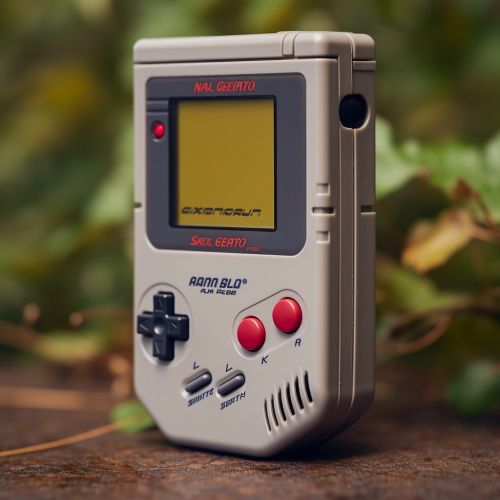
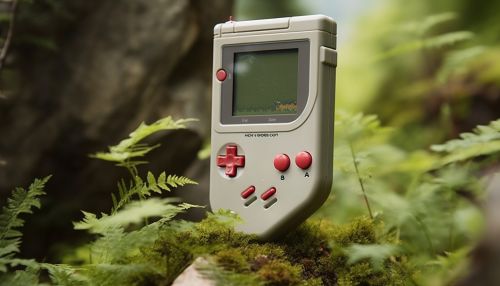
Gameplay
The gameplay of Pokémon involves the capturing and training of a variety of fictional creatures called "Pokémon" and using them to battle. The Pokémon series is built around the concept of the trainer capturing and raising a variety of creatures to battle. Each game lays out a somewhat linear path through a specific region of the Pokémon world for the Trainer to journey through, completing events and battling opponents along the way (including foiling the plans of a 'Team' of Pokémon Trainers who serve as antagonists). Each game features eight powerful Trainers, referred to as Gym Leaders, that the Trainer must defeat in order to progress. As a reward, the Trainer receives a Gym Badge, and once all eight badges are collected, that Trainer is eligible to challenge the region's Pokémon League, where four talented trainers (referred to collectively as the "Elite Four") challenge the Trainer to four Pokémon battles in succession. If the trainer can overcome this gauntlet, they must then challenge the Regional Champion, the master Trainer who had previously defeated the Elite Four.
Pokémon Species
There are 898 different species of Pokémon, each with its own set of characteristics, abilities, and moves available to it. Each Pokémon belongs to one or two 'types', such as Fire, Water, Bug, and Flying, each with advantages and disadvantages against other types in an elaborate rock-paper-scissors system; for example, Fire is weak against Water, but strong against Grass. Pokémon can learn new moves, either by leveling up, using certain items, or through breeding. Pokémon can also evolve into a more powerful species of Pokémon by various means, such as leveling up, holding a certain item while being traded, or being exposed to certain stones.
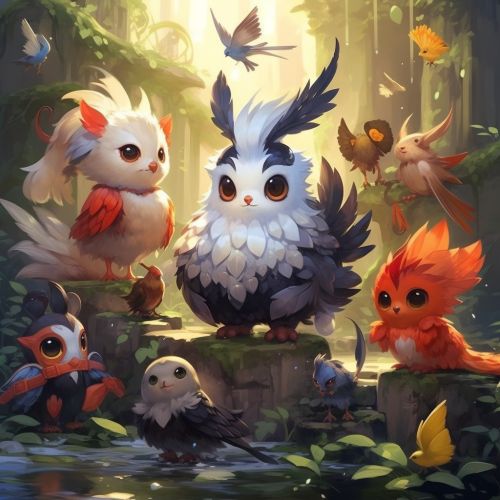
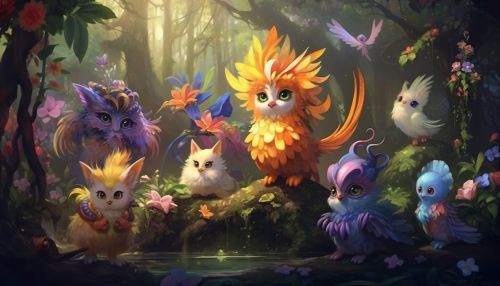
Pokémon World
The Pokémon world is a world distinct from the real world and the universe of the Pokémon video game series. It is a fictional universe in which a variety of creatures coexist with humans. This world is separated into several regions: Kanto, Johto, Hoenn, Sinnoh, Unova, Kalos, Alola, and Galar. Each region is a separate entity and has its own culture, but all are part of a larger Pokémon world. The regions are connected to one another and often share similar cultures and ideologies, including the use of Pokémon in everyday life. The economy appears to be very strong, as a large organization, Silph Co., owns many of the stores and markets. The regions are structured in much the same way as real-world regions, and they have a wide variety of landscapes, including forests, bodies of water, and caves. Some areas are only accessible with the use of certain Pokémon moves.
Competitive Battling
Competitive battling is a major aspect of the Pokémon games. This is where Trainers take their team of Pokémon and battle against another Trainer's team. The battles are turn-based and involve predicting your opponent's move in order to win. Trainers must use their knowledge of Pokémon types, moves, abilities, and stats to their advantage. Competitive battling can take place in-game or, more commonly, on Pokémon simulators such as Pokémon Showdown. These simulators allow for easy access to a competitive team and easy access to battles. In addition to this, there are many competitive formats, each with its own set of rules and banned Pokémon. The most common of these is Smogon University's tier system, but there are many others, including those that follow the official Pokémon Company's rules.
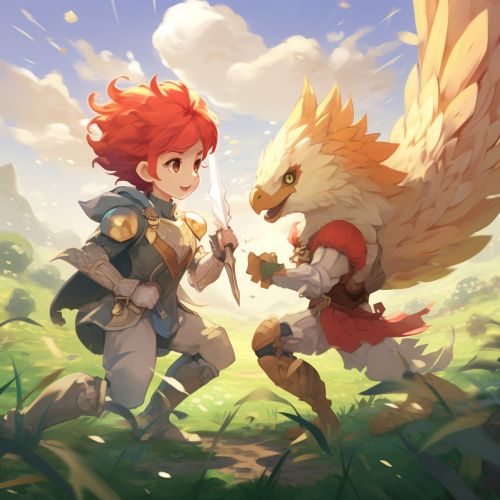
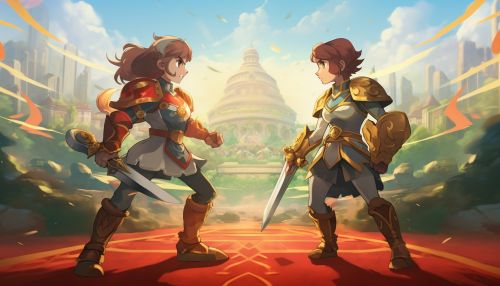
Impact and Legacy
The Pokémon franchise has left a substantial legacy in gaming. The series has sold over 340 million units worldwide, making it the second best-selling video game franchise, behind only Nintendo's own Mario franchise. It has also resulted in a hit anime series, a trading card game, movies, merchandise, and spin-off games. Pokémon is credited with helping to establish the RPG genre as it is today, and its influence can be seen in a multitude of other games.
